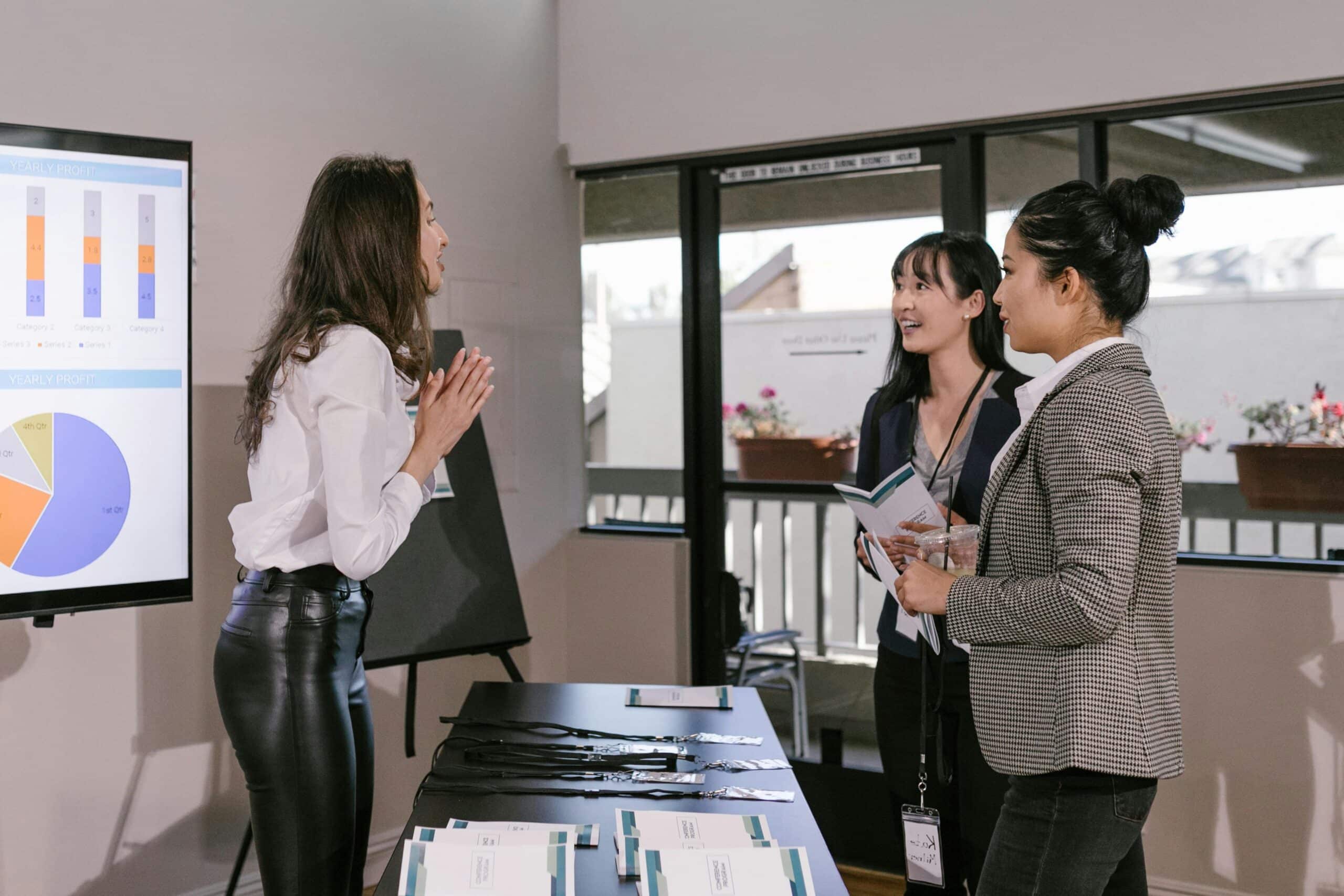Without effective event management strategies, it would be really hard and challenging to achieve a successful and memorable event.
As we progress into 2025, the event management landscape is rapidly evolving. Currently, it’s been influenced by technological advancements, changing attendee expectations, and a heightened emphasis on sustainability.
Due to these reasons, event planners must learn to adapt to these changes to ensure their events are impactful and also make sure that they resonate with their audience.
On that clear note, we’ll observe and look into the top event management strategies for 2025, by offering insights to help you navigate the complexities of organizing events in this dynamic environment.
Successful Strategies for Event Management
1. Embrace Technology
Technology is at the forefront of modern event management. So far, it has helped in offering tools that enhance planning and attendee engagement:
Event Management Software: Platforms like Bizzabo and Cvent streamline processes from registration to post-event analytics.
Virtual and Augmented Reality: Incorporating VR and AR can create immersive experiences, making events more engaging and memorable.
Mobile Applications: Event-specific apps provide attendees with schedules, networking opportunities, and real-time updates, all of which enhance their overall experience.
For instance, during the planning of the concert I spoke about in this article, Implementing a mobile app for our annual biennial event significantly improved attendee engagement, with real-time feedback features allowing us to adjust sessions on the fly.
Additionally, integrating AI-driven chatbots can assist in answering attendee queries promptly, enhancing the overall experience.
Platforms like Whova offer comprehensive solutions that combine these technologies seamlessly.
2. Focus on Sustainability
Sustainability is no longer optional; it’s a necessity. Therefore, implementing eco-friendly practices not only benefits the environment but also appeals to socially conscious attendees:
Green Venues: Opt for venues that prioritize sustainability through energy-efficient practices and waste reduction.
Digital Materials: Reduce paper waste by providing digital tickets, programs, and promotional materials.
Sustainable Catering: Partner with caterers who offer locally sourced, organic food options and implement measures to minimize food waste.
Truthfully, transitioning to digital materials not only reduced our environmental footprint but also cut down on printing costs, and this allowed us to allocate funds to other areas of the event.
For more on sustainable event practices, consider reading The Future of Sustainable Event Planning.
Additionally, adhering to standards like ISO 20121 can provide a well structured approach to sustainable event management.
3. Prioritize Attendee Experience
Creating a memorable attendee experience is crucial for event success, and to be able to do this, you have to make use of these strategies:
Personalization: Use data analytics to tailor experiences based on attendee preferences and behaviors.
Interactive Sessions: Incorporate elements like Q&A sessions, live polls, and workshops to encourage active participation.
Networking Opportunities: Facilitate networking through dedicated spaces or activities that promote connections among attendees.
Hosting themed networking sessions based on attendee interests led to more meaningful connections and positive feedback.
Furthermore, incorporating wellness activities such as yoga sessions or mindfulness breaks can enhance the overall attendee experience, promoting well-being and engagement.
4. Leverage Data Analytics
Data analytics provide valuable insights into attendee behavior and preferences, enabling informed decision-making:
Pre-Event Surveys: Gather feedback on attendee expectations to tailor the event accordingly.
Real-Time Analytics: Monitor engagement metrics during the event to make necessary adjustments on the spot.
Post-Event Analysis: Analyze data after the event to assess success and identify areas for improvement.
Utilizing real-time analytics allowed us to identify and address low-engagement sessions promptly, enhancing overall attendee satisfaction.
Embracing tools that offer comprehensive analytics dashboards can streamline this process, providing actionable insights at a glance.
Platforms like Fielddrive emphasize the importance of data-driven strategies in event planning.
5. Build Strong Partnership
Collaborating with partners can significantly enhance your event’s success, and as an event planner, you be able to source for and have good:
Sponsorships: Seek sponsors whose values align with your event’s theme and audience, providing additional resources and exposure.
Vendor Relationships: Establish strong relationships with reliable vendors to ensure quality services and products.
Community Engagement: Involve local businesses and organizations in your events to foster community support and participation.
By Partnering with local artisans for our event’s marketplace not only supported the community but also added a unique touch that attendees appreciated.
Engaging with local communities can also lead to increased attendance and media coverage, which would further amplify the event’s reach and it’s impact.
As we navigate through 2025, staying adaptable and forward-thinking is essential for successful event management.
By embracing technology, focusing on sustainability, prioritizing attendee experience, leveraging data analytics, and building strong partnerships, you can create impactful events that resonate with your audience.
For more insights on event planning and management, explore our Event Planning & Management section.
READ ALSO
Best Practices for Managing Event Budgets
Legal Challenges in Event Planning: Navigating Complexities
What are Some Issues in Music Today?
Who is the Best Actor Turned Director?


